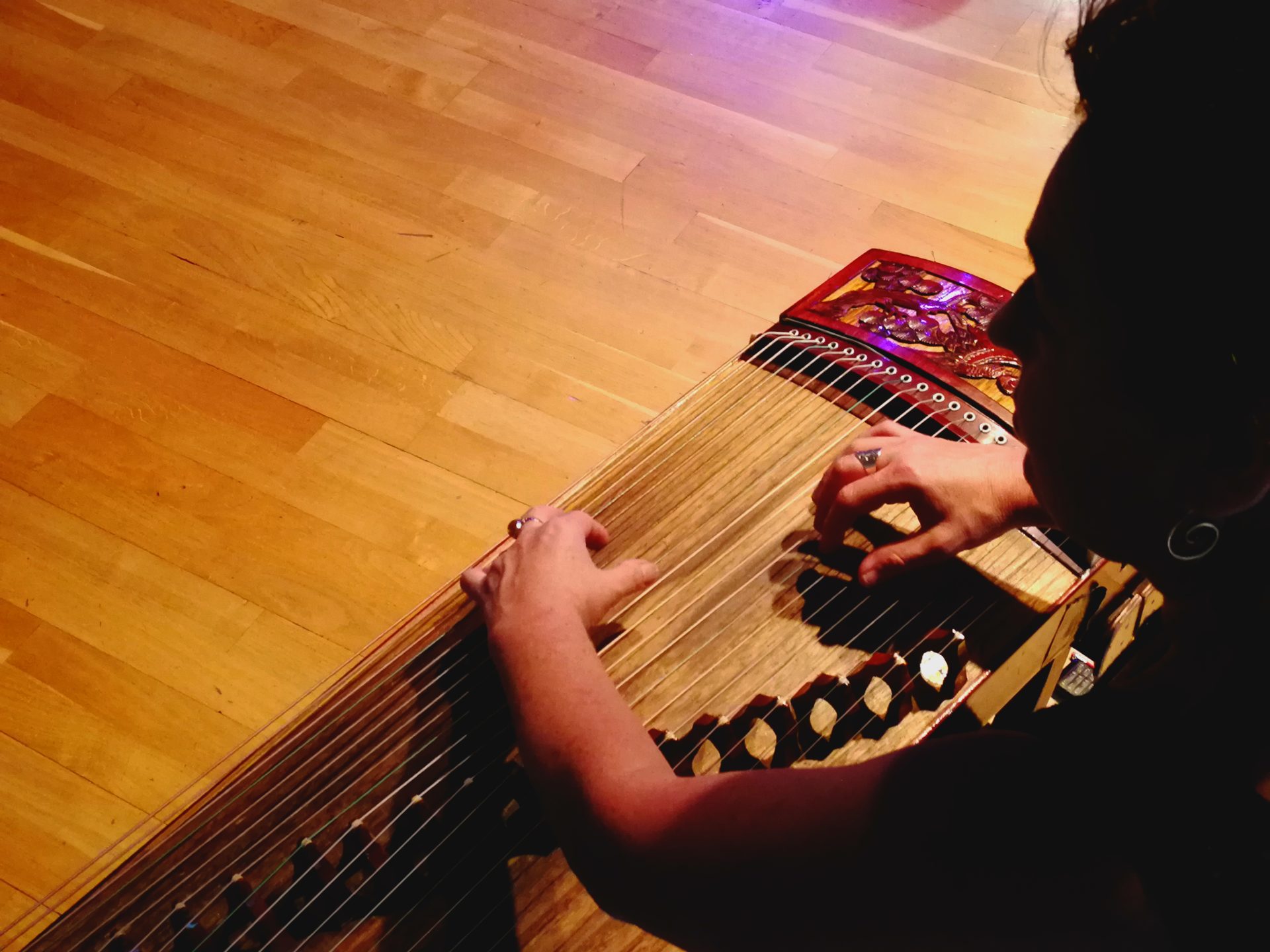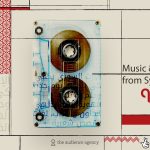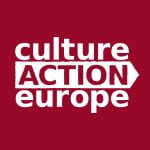Thoughtful, powerful & deep. That’s what was experienced at Qisetna’s three-day storytelling workshop in Nottingham led by British storyteller Marion Kenny, which aims to showcase the importance & art of storytelling as a way to share and learn ideas, values and practices. Cultural and communication barriers ceased to exist in this workshop as the Syrian newcomers who settled in the UK and a mixture of active members of Nottingham found
common ground, connected to their personal treasures.
When listening to or knowing stories, our own imaginations are activated and every time a story is told, it changes, it is never the same. Each narrator, by bringing it here and now, adds something new to it, feeds it, appropriates it, transforming the story into small details without affecting the central core.

But storytelling is much deeper than this. Pain, sadness, happiness & surprise – These are just the handful of a whirlwind of emotions that the 13 participants experienced when relaying these stories in relation to their personal treasure. We find out how a simple object may seem insignificant to us, but to someone else it is a highly cherished, important artefact. As the stories reveal what each participant endured – both hardships and happy memories. An
unprecedented amount of courage was displayed by the participants when it was their turn to share their story, giving them a first-time opportunity to face the pain.
Storytelling is a way to share and learn ideas, values and practices. Storytellers remember something of their life or of the life of others; the listeners can relate to the story and retell it, maybe adding a little of their own experience.
The aims of storytelling workshop are to help build confidence and a sense of identity, acknowledging the diversity as well as to use a story of everyday life to reflect on how storytelling can bring benefits to the people in the community.

Storytelling paves a way to open up and tackle problems the Syrian refugees deal with -from social issues to processing trauma from war. Qisetna’s interest in the hakawati lies in its history as a form of storytelling. It is my belief that the process of composing one’s story and telling it in a public forum is an act of courageous leadership that deepens one’s potential as a person.
The Qisetna storytelling programme covered different exercises to help the participants feel comfortable, starting off with playing traditional Syrian music. Ice- breaking exercise is then carried out, getting a sense of the space; with eyes closed participants walked in circle sensing other walking nearby. Then, one person would stand in the middle of the circle formed by the others, in which the middle person would close their eyes and fall, allowing the circle of participants to catch and push them to the next, as a trust building exercise. Afterwards, the participants would sit
in a circle and pass their personal treasure along to the next person and explain to everyone why it is so important to them, which boosts their confidence and may provide them with an idea for their own story.
Stories offer a connection between a past that is told, the present and the future, and help to connect people around feelings, information and shared experiences.
Then, the people were given basics techniques to propel their story forward, to create personal, fully formed characters and the musical, rhythmic language of storytelling. They told their stories in Arabic and English; a facilitator translated the story simultaneously. Some participants even brought their own musical instruments,
including a violin, oud, flute, harp, guitar…which were tuned for a melody everyone knew. The group agreed that music would be incorporated in the stories, to truly feel the scene that they were to delineate.
Participants enjoyed experience that lead them to work together and perform music and stories for the first time. The performance was attended by over 70 people and received great feedback. The performance was also bilingual which gave space to Nottingham newcomers Arabic speaking residents to come and connect to other
people in their community.

After the exhilarating workshop, participants claimed they enjoyed the experience, feeling more informed and positive. They even walk away feeling a new-gained sense of confidence and acceptance. The best thing all participants took away was they became friends afterwards, despite the massive cultural and language barriers,
they feel connected as they realise that they are human beings, like you and I, who experience the walks of life in all her beauty and ugliness.
Link to the video Stories from a Treasure
🌿
Kalvin Bassi



